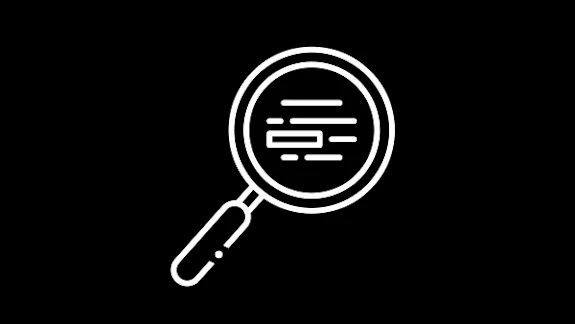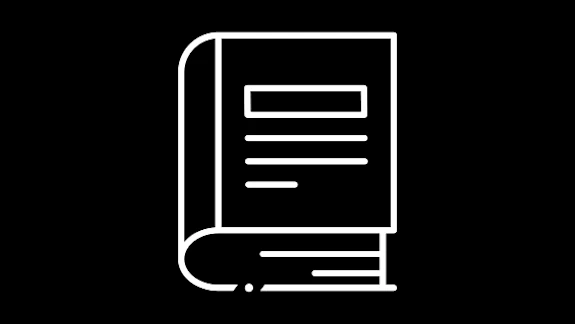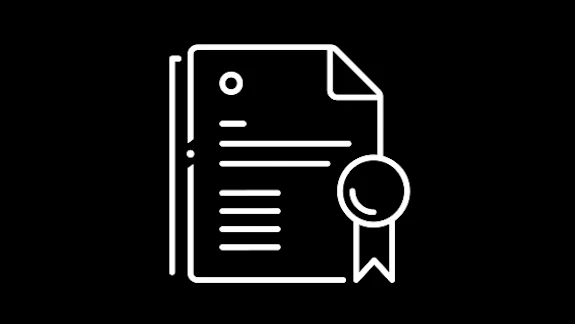|
Exam type |
Exam / Entry fee (approx.) |
|
Computer Based Exams |
£105 each |
|
Awareness Paper |
£200-250 |
|
Advanced Technical Paper |
£200–£250 each |
|
Application and Professional Skills |
£250–£300 |
CTA Exams
The Chartered Tax Adviser (CTA) qualification is the pinnacle of UK tax expertise, but what does it take to earn those three letters? The answer lies in the CTA exams.
If you’re wondering how many CTA exams there are, what each one involves, when they happen, and how much they cost, this guide has you covered.
What are the CTA exams?
The CTA exams are a series of professional assessments run by the Chartered Institute of Taxation (CIOT), designed to test high-level technical tax knowledge and the ability to apply it in real-world scenarios.
They are widely regarded as some of the most rigorous exams in UK accountancy and finance, and for good reason. CTAs are trusted to offer deep, expert tax advice. That means the bar is high, but it’s absolutely achievable with the right preparation and mindset.
There are multiple exam components, with different possible pathways depending on your background and chosen specialisms. Let’s break it down.
CTA exam dates
CTA exams are held twice a year, in May and November.
May sitting: Exam entry opens in January and closes in early March
November sitting: Entry opens in July and typically closes by mid-September
Exams are now delivered online via remote invigilation, giving you the flexibility to sit them wherever suits you best.
It’s important to plan ahead. Study time, revision, and mock papers all add up. Booking early gives you more control and confidence going into exam season.
How many CTA exams are there?
“How many CTA exams are there?” is one of the most common questions we get and the answer depends slightly on your route.
There are four core elements to the CTA qualification, each with different exams:
1. Computer Based Exams (3 exams)
Covering:
Law
Accountancy
Professional Responsibilities & Ethics
2. Awareness paper (1 exam)
Tests broad knowledge across multiple tax areas.
3. Advanced Technical papers (2 exams)
In-depth study in two specialist areas such as VAT, Owner-Managed Businesses, Inheritance Tax, Cross-Border Indirect Taxation,Taxation of Larger Companies & Groups
Cross Border and Environmental Taxes (from May 2025)
4. Application and Professional Skills (1 exam)
Simulates real-life client scenarios. You’ll need to advise, explain, and make judgment calls, just like you would in practice.
That’s typically seven CTA exams in total. However, some candidates may be exempt from the Awareness paper depending on previous qualifications (e.g. ATT holders).
How much do CTA exams cost?
CTA exam costs can vary slightly based on your membership status and how early you book. Here’s a general guide:
Additional costs to consider:
Exam preparation courses (like BPP’s comprehensive CTA training courses)
Study materials if not studying with a training provider
Annual student membership fee with the CIOT (required to sit exams)
While the investment is significant, it’s important to view it in context. CTA-qualified professionals often command higher salaries, faster promotions, and greater career flexibility.
Final Thoughts
There’s no doubt that the CTA exams are challenging, but they’re also your gateway to one of the most respected qualifications in UK tax. Knowing what the exams involve, when to take them, and how to prepare can make all the difference. So, start planning early. Be strategic about your paper choices. And most importantly, back yourself.
At BPP, we offer expert CTA training that gives you everything you need to succeed, from structured content and mock exams to tutor support and revision strategies.
Passing your exams isn’t the end goal. It’s the start of something bigger.
Prepare for your future in tax
Explore BPP’s CTA courses and apprenticeships and start your journey towards a globally recognised qualification today.
Frequently Asked Questions (FAQs)
Yes, they are challenging. But they’re also fair, structured, and passable with the right preparation. Most students find the Application and Professional Skills paper the toughest, as it mimics real-world client advice scenarios. But with practical study and expert guidance, many candidates pass first time.



